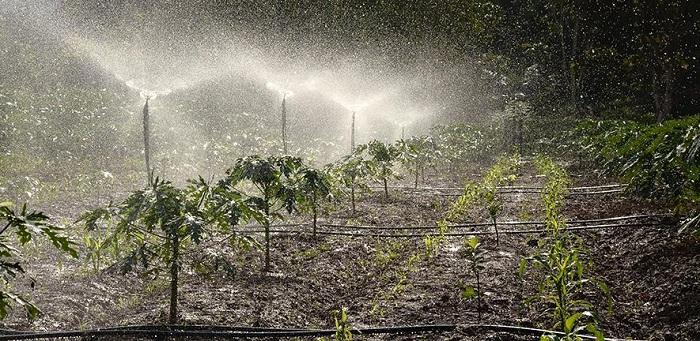Like humans, plants have an ‘internal clock’ that monitors the rhythms of their environment. The authors of a study published today say that now the genetic basis of this circadian system is well understood and there are improved genetic tools to modify it, the clock should be exploited in agriculture - a process they describe as ‘chronoculture’ - to contribute to global food security.
“We live on a rotating planet, and that has a huge impact on our biology – and on the biology of plants. We’ve discovered that plants grow much better when their internal clock is matched to the environment they grow in,” said Professor Alex Webb, Chair of Cell Signalling in the University of Cambridge’s Department of Plant Sciences and senior author of the report.
A plant’s circadian clock plays an important role in regulating many of the functions that affect yield including flowering time, photosynthesis, and water use. The genes controlling the circadian rhythm are similar in all major crop plants – making them a potential target for crop breeders wishing to gain more control over these functions.
Chronoculture could also be applied by adapting crop growing practices to the optimal time of day, to reduce the resources required. The study is published in the journal Science.
Image: Crops being watered
Credit: Philip Junior Male on Unsplash
Reproduced courtesy of the University of Cambridge
